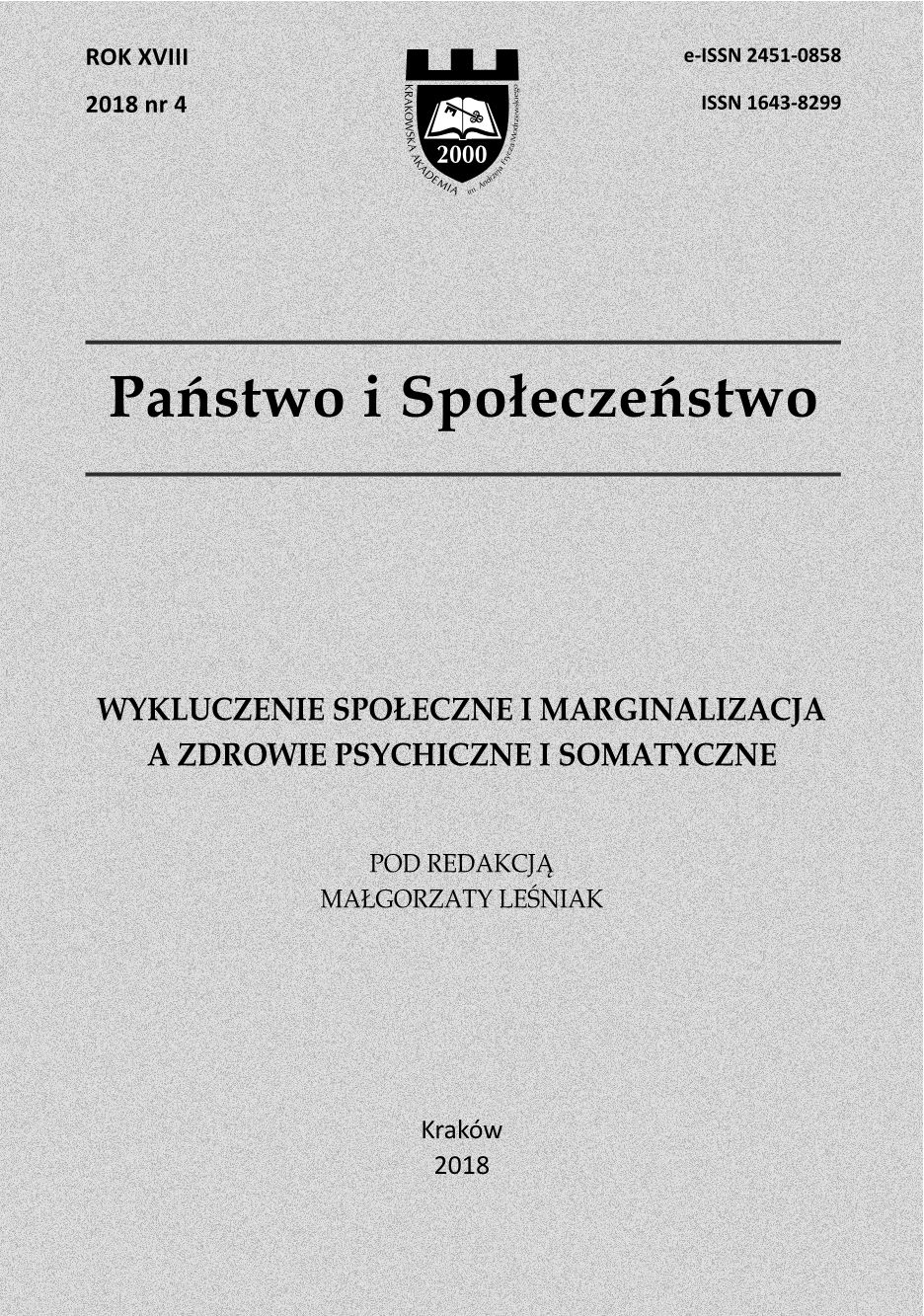Znaczenie pracy osób pozbawionych wolności na przestrzeni dziejów
The importance of work for people deprived of liberty throughout the history
Author(s): Beata ZinkiewiczSubject(s): History, Philosophy, Criminal Law, Labor relations, Penology
Published by: Oficyna Wydawnicza AFM Uniwersytetu Andrzeja Frycza Modrzewskiego w Krakowie
Keywords: imprisonment; employment of prisoners; penal institution;
Summary/Abstract: The article is comprised of theoretical reflections on work of people deprived of liberty throughout different periods in the history. The first part of the study draws attention to the importance of work as a value attributed to the human nature which is a right and an obligation at the same time. The key functions of work such as an economic, income and social function were mentioned in the paper. The author took account of three basic contexts of work, namely a universalist, Christian and pragmatic one. The pedagogical and psychological dimension of human work and its educational importance were particularly emphasized in the paper and various attitudes of humans towards it (a punitive, instrumental and autotelic attitude) were presented. The subsequent part analyzes the role of work for people deprived of liberty from the evolutionary perspective, i.e. from antiquity to modern times. The author referred to the problem of slavery, forced labour and its material products. The central part of the article constitutes an a empt to review various foreign and Polish penitentiary institutions for people serving the sentence, in which work has become the basic element of the adopted philosophy for prisoners and the rehabilitation strategy resulting therefrom. The final considerations concern the situation of the Polish prison system in the period of systemic transforma ons and contemporary program solutions related to the employment of prisoners.
Journal: Państwo i Społeczeństwo
- Issue Year: XVIII/2018
- Issue No: 4
- Page Range: 103-120
- Page Count: 18
- Language: Polish

